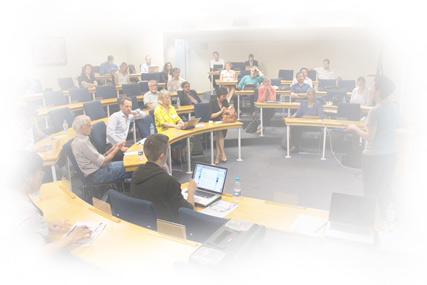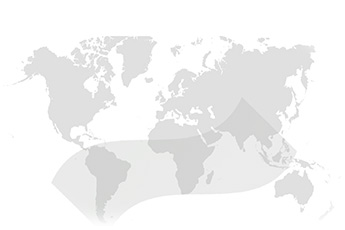The Research on Open Educational Resources for Development (ROER4D) project was proposed to investigate in what ways and under what circumstances the adoption of open educational resources (OER) could address the increasing demand for accessible, relevant, high-quality and affordable education in the Global South. The project was originally intended to focus on post-secondary education, but the scope was expanded to include basic education teachers and government funding when it launched in 2013. In 2014, the research agenda was further expanded to include the potential impact of OER adoption and associated open educational practices.
The ROER4D project sought to build on and contribute to the body of research on how OER can help to improve access, enhance quality and reduce the cost of education in the Global South. By examining various aspects of OER use and OER-related practices in secondary education, tertiary education and teacher training in a range of countries in South America, Sub-Saharan Africa and South and Southeast Asia, the ROER4D studies aim to improve open education policy, practice and research in developing countries.
ROER4D was funded by Canada’s International Development Research Centre (IDRC), the UK’s Department for International Development (DFID) and the Open Society Foundations (OFS), and built upon prior research undertaken by a previous IDRC-funded initiative, the PAN Asia Networking Distance and Open Resources Access (PANdora) project.
ROER4D’s main research output comprises an edited volume, Adoption and Impact of OER in the Global South, and an associated open data collection.
The project received the Open Data award in the Open Education Consortium (OEC) 2018 Open Research Award in 2016.
For more detail on the ROER4D project:
Access the ROER4D open access content collection
View the Project Activity Toolkit
View the Open Research Toolkit


